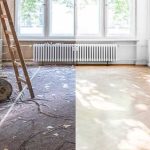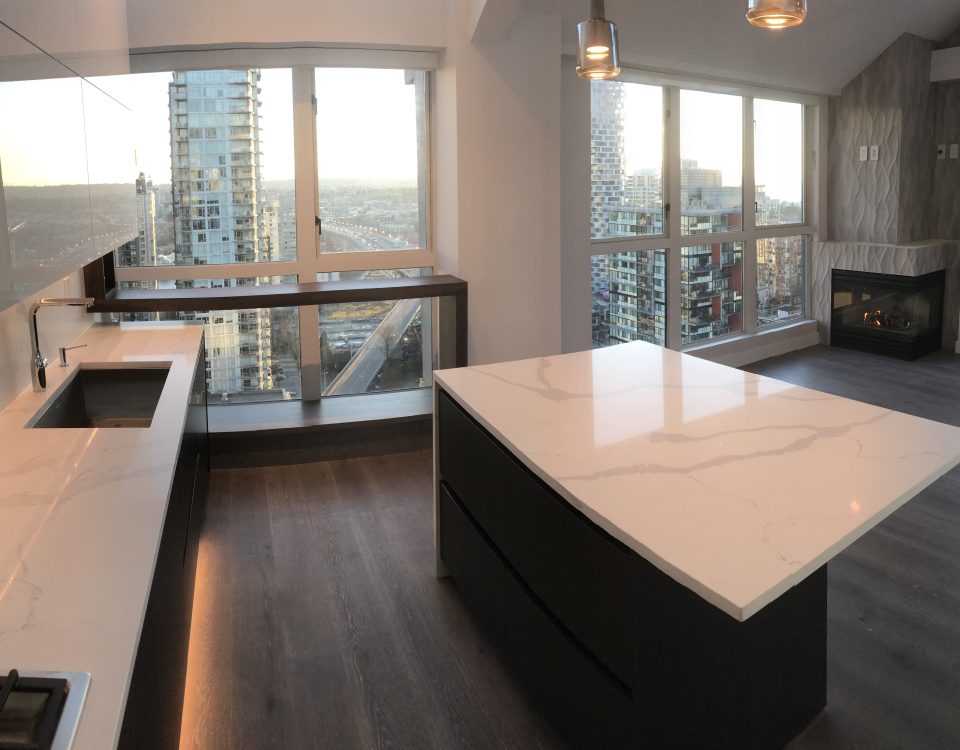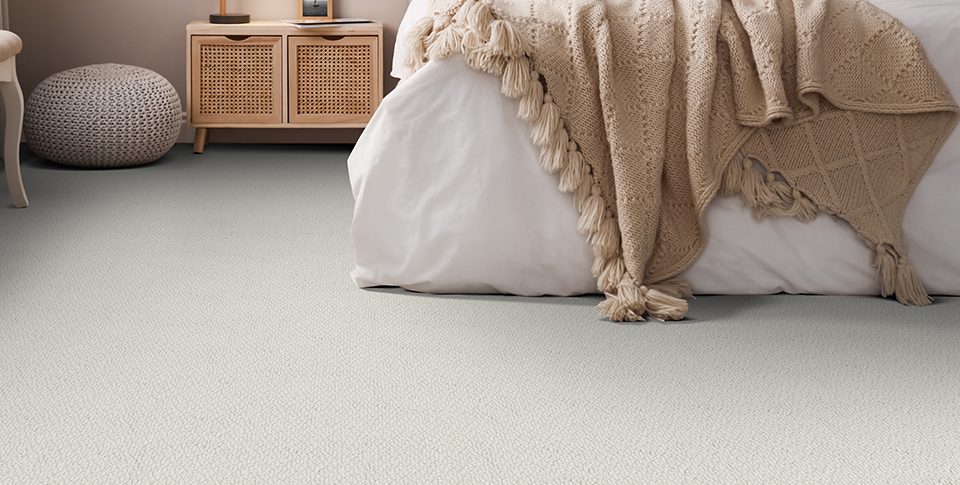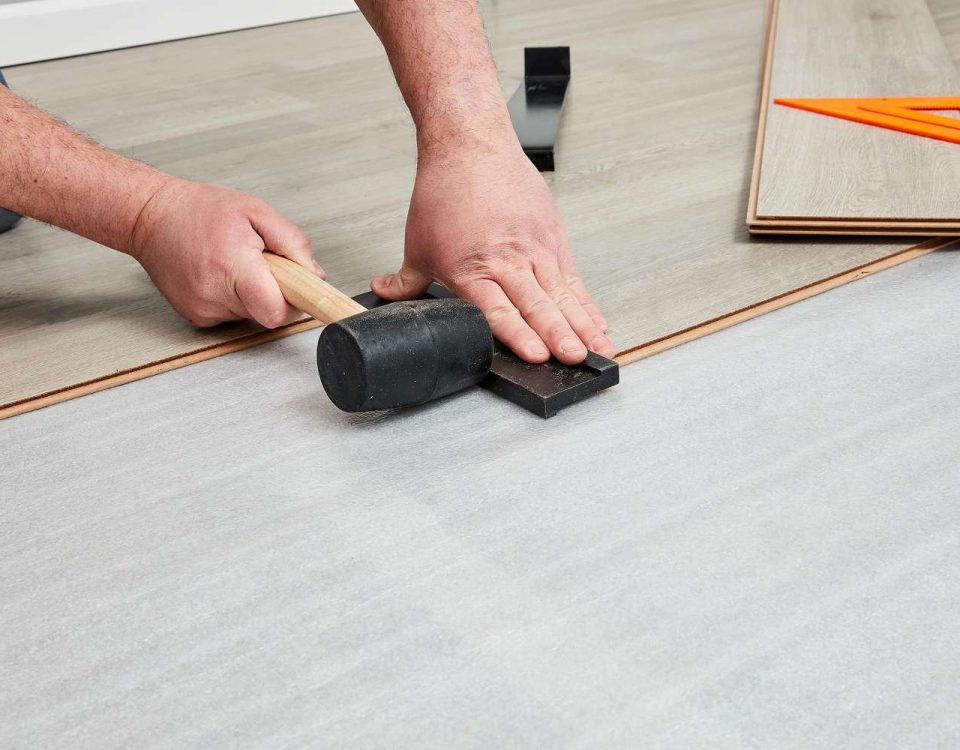
To hire or not hire a contractor?
June 6, 2020More on Synthetic Carpet
Nylon
Nylon is the most common material for construction of carpets. Both nylon 6 and nylon 6-6 are used. Nylon can be dyed topically or dyed in a molten state (solution dying). Nylon can be printed easily and has excellent wear characteristics. In carpets Nylon tends to stain easily because it possesses dye sites on the fibre. These dye sites need to be filled in order to give Nylon any type of stain resistance. As nylon is petroleum-based it varies in price with the price of oil.
Polyester
The polyester known as “PET” (polyethylene terephthalate) is used in Synthetic carpet manufacturing in both spun and filament constructions. After the price of raw materials for many types of carpet rose in the early 2000s, polyester became more competitive. Polyester has good physical properties and is inherently stain-resistant because it is hydrophobic, and, unlike nylon, does not have dye sites. Colour is infused in a molten state (solution dyeing).
Polyester has the disadvantage that it tends to crush or mat down easily. It is typically used in mid- to low-priced carpeting. Another polyester, “PTT” (Polytrimethylene terephthalate), also called Sorona or 3GT (Dupont)orCorterra (Shell), is a variant of PET.
Lurgi Zimmer PTT was first patented in 1941, but it was not produced until the 1990s, when Shell Chemicals developed the low-cost method of producing high-quality 1,3 propanediol (PDO), the starting raw material for PTT Corterra Polymers.
Polypropylene
Polypropylene is used to produce carpet yarns because it is inexpensive. It is difficult to dye and does not wear as well as wool or nylon. Polypropylene is commonly used to construct Berber carpets. In this case, polypropylene is commonly referred to as olefin. Large looped olefin Berber carpets are usually only suited for light domestic use and tend to mat down quickly. Berber carpets with smaller loops tend to be more resilient and retain their new appearance longer than large looped Berber styles. Commercial grade level-loop carpets have very small loops, and commercial grade cut-pile styles are well constructed.
When made with polypropylene these styles wear very well, making them very suitable for areas with heavy foot traffic such as offices. Polypropylene carpets are known to have good stain resistance but not against oil based agents. If a stain does set, it can be difficult to clean. Commercial grade carpets can be glued directly to the floor or installed over a 1/4″ thick, 8-pound density padding. Outdoor grass carpets are usually made from polypropylene.
If you would like to know more about carpet myths, click here





